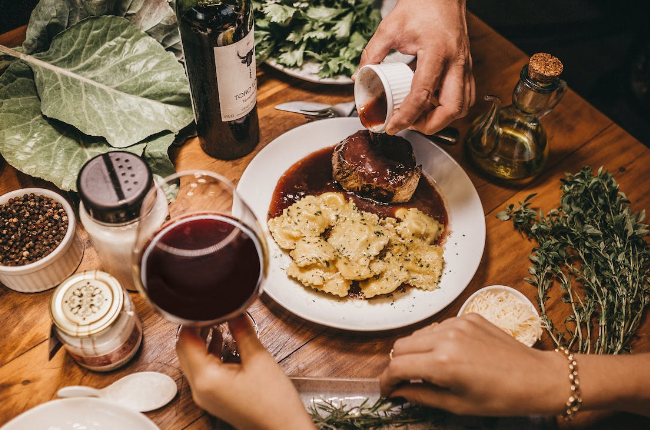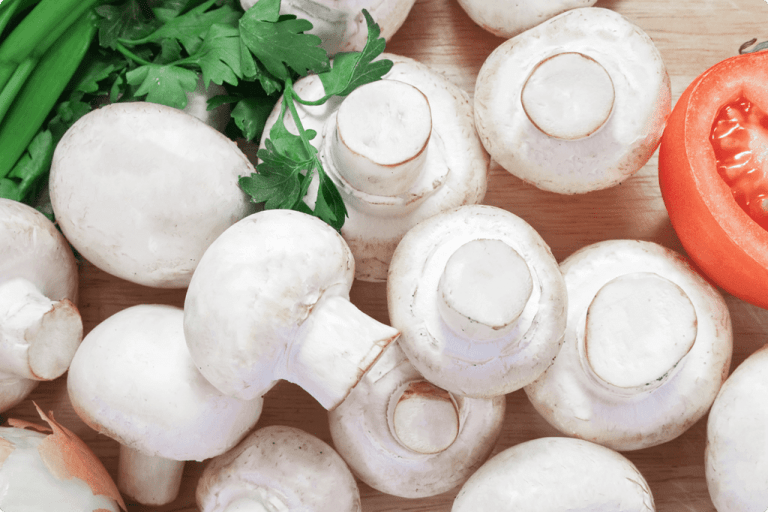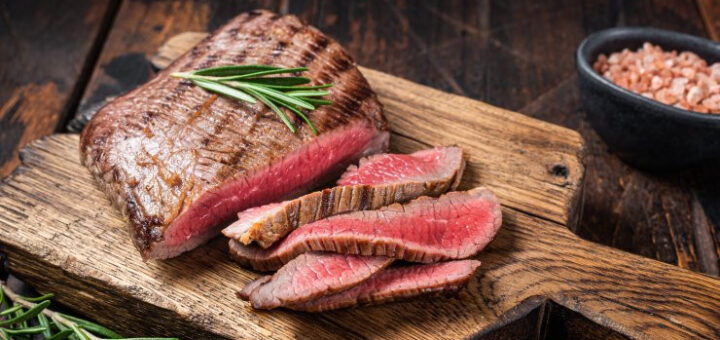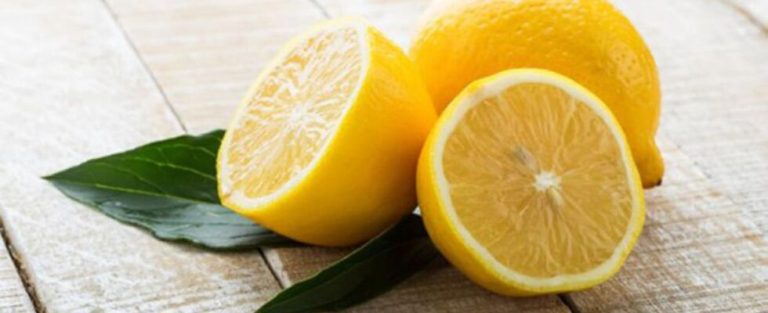Understanding the Difference Between Spices, Herbs, and Seasonings
Many people think that spices, herbs, and seasonings are synonymous words, but they are not. These are three different categories of food additives that have the same purpose – to make things taste and flavor more appetizing.
To navigate the wide assortment that a spice shop has, it’s worth understanding how they differ.

Spices – the basis of taste
This category includes everything that adds flavor to dishes – sweet, salty, sour, or bitter. There are spices that do not have their own flavor, for example
salt
sugar
baking soda
gelatin and confiture;
starch;
citric acid.

There are also additives that change not only the taste but also the smell of food, such as vinegar. A distinctive feature of all of these products is that they are added to food at the cooking stage. They can also be of natural or artificial origin. As for plants, spices include various types of hot peppers, mustard seeds, horseradish, because they also affect the flavor of dishes.
Spices – a variety of flavors
Spices are food additives that have a less pronounced taste but a rich flavor. They are made from whole plants or their fruits, roots, and leaves. Spicy herbs can be used fresh, as usual: parsley, dill, cilantro, basil, mint, rosemary. However, for better and longer storage, spices are most often dried and ground. Some dried plants are used in cooking both crushed and whole. For example, cinnamon sticks, star anise








You’re so awesome! I don’t believe I have read a single thing like that before. So great to find someone with some original thoughts on this topic. Really.. thank you for starting this up. This website is something that is needed on the internet, someone with a little originality!
Great information shared.. really enjoyed reading this post thank you author for sharing this post .. appreciated
I appreciate you sharing this blog post. Thanks Again. Cool.